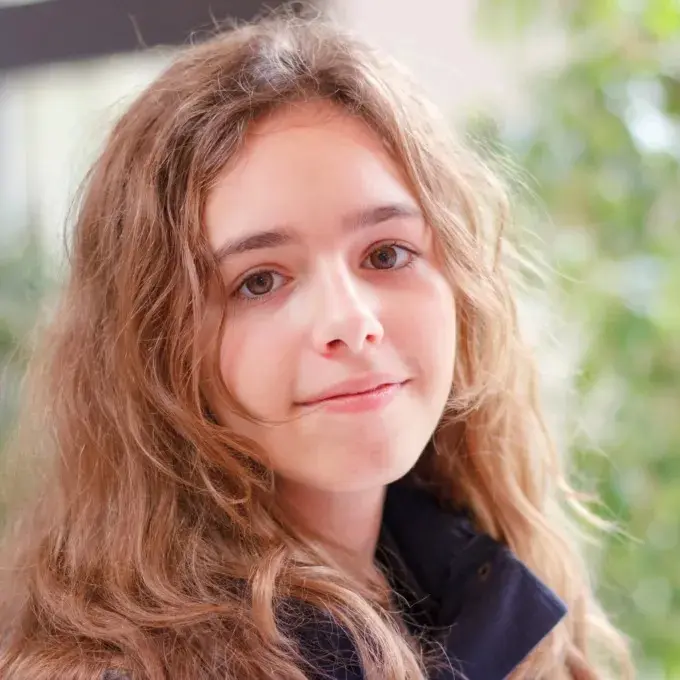Isabel, Safer London Specialist Caseworker
I think what’s important about Theo’s story is how much it challenges assumptions.
Theo was referred to us at a time of instability in his life. Within the space of just a month, he went from attending school regularly, preparing for his GCSEs, to being removed from mainstream education, placed on a Child in Need (CIN) plan and being homeschooled. He had no structure, no education and was suddenly surrounded by professionals for the first time in his life. For any young Londoner, that’s a huge amount of change to process.
Theo was excluded after he was found carrying a knife - something that was much more about fear and wanting to protect himself than it was about any intent to harm. There were a lot of identity issues wrapped up in it too - feeling like he didn’t belong, like he had to prove something. Being seen as “not masculine enough,” not fitting into the expectations others had of him - it all added up to a really confused and painful time.
When I first met Theo, he was withdrawn and guarded. He didn’t express his emotions openly. If something made him sad and someone asked, he’d say, “Why would I be sad?”- not angry, but just closed off emotionally. At the beginning, he understood why he had to be there, but he didn’t really care about the relationship. Over time, though, everything began to shift. He became more comfortable and relaxed. He started to laugh more and even shared things he was grateful for - things I never would have expected from the way he presented at the start. He now asks me for advice and trusts me in a way he didn’t before.
For me, education was one of the biggest concerns because it was something he could actually articulate to me how much it was affecting him. He wasn't learning anything. His sleep pattern was all over the place. He missed the structure and the sense of normality. That was something he could express to me clearly, again and again. He wanted to be learning. I pushed hard on that with his social worker, with his parents, with anyone who would listen. He’s now in alterative provision near where he lives. He’s not back in full time education, but he’s in a much better place, Theo said himself this is the happiest he’s felt in ages, which is huge.
Theo led so much of our work. I tried to make our sessions feel safe and human by being myself - sharing how forgetful I am and laughing at myself when I was being chaotic. It made him laugh too and I think that’s where some of the trust started to build. He loves animals, so we’d talk about my dog and his cat. When he found out he was autistic, I shared that my brother and boyfriend are both autistic too. It helped him feel less alone, more understood. It's not like we’re the same, but that we’re all still learning. He used to say, “You haven’t got it all figured out either, have you?”.
Isabel, Safer London Specialist Caseworker
During our work together, one thing I focused on was encouraging creative expression - especially through music and art.
One of the standout moments for me was when I suggested that he try writing a song about how he felt after a breakup. I said, “You don’t have to, but just try putting the feelings down on paper.” He came back the next session with a full song. It was more emotionally articulate than I could ever be. That felt like a turning point - a real expression of emotion in a way that worked for him.
A lot of our work together was about giving him space and a bit of control. Each week, I’d give him some options and ask what he’d like to do in the next session - sometimes he’d want a break from emotions. He even asked for a week off from doing "emotional work” and because he felt safe and comfortable enough to be honest with me like that, we were able to have the deeper conversations when he was ready, not when I was. In times like these I would shift the focus of sessions onto something else. I remember one week, I told him how to cook pasta in session and he went home, made it and brought in a picture the following week. It was a small thing, but it became a coping strategy - setting himself a goal, achieving something and finding joy and purpose in that.
We also did sessions around automatic thoughts and emotional triggers, because he does have the ability to get quite angry and when that happens, he goes cold and completely shuts down. So we spent time unpacking that, helping him to recognise what was happening inside before it got to that point. We talked through where those reactions came from and explored strategies for interrupting them. One of our longer sessions was all about dealing with change. He’d had so much sudden change in his life that it felt important to pause and work through what change meant to him, how it impacted him and how he could have more control over how he responded to it.
We also spent time working on family dynamics - especially navigating boundaries with his parents. At the start, he felt like no one ever listened to him, particularly his parents. That used to be a big trigger for his anger. We worked on how to communicate that - how to explain how that made him feel and how to ask to revisit conversations when he was less triggered. His relationship with his parents is so much better now. They understand him more, and he understands them. He even spoke to me about how he now feels they actually hear him when he talks.
Isabel, Safer London Specialist Caseworker
When I think about his journey, I see so much growth.
He’s got a place at college, doing a building course. He received a foundation certificate in maths from his youth justice worker. He was removed from the CIN plan due to no concerns around his safety. What worries me - if anything - are the things that could resurface. I know trauma can come back up. I know that he might close himself off again if he’s triggered later in life. But for now, I genuinely believe he’s in a good place.
I think what’s important about Theo’s story is how much it challenges assumptions. I was told Theo was stupid, severely dyslexic, lazy. But what I saw was an incredibly intelligent, curious, caring young man. The person he was presented as at the start by others, is not the person I met.
This work reminded me that people are so much more than their case notes. The version of Theo I met was not the version written in reports. But you only get to see that if you’re willing to look - if you build that relationship and stay curious. We’re lucky in this work because we’re not bound by the same parameters as other statutory services. We can show up with a bit more humanity. Just being a little bit human with them makes such a difference.
Theo taught me so much. About being flexible, about not sticking so rigidly to plans, about meeting people where they are. But most of all, he’s reminded me why I do this job. Every young Londoner is complex, unique and full of potential. We just have to give them the space to show us and take the time to really understand who they are. That’s what we’re here for - to see them as people, not just “problems” to be fixed.
It’s also made me reflect on how quickly things can change for a young Londoner when there’s one vulnerability in their life. Theo’s story isn’t a typical Safer London case - but that’s what makes it so important to tell. And really, Theo did all the work. I was just there to witness it. But most of all, I’ve learned to trust the process, trust the relationship and trust that sometimes, the biggest progress happens quietly - in the moments when they feel safe enough to just be themselves.
How Safer London helped Theo
Trauma-informed Caseworker
Every young Londoner is allocated a single trauma-informed caseworker, who works alongside them from 6 to 12 months (with support extending up to two years if required). The support is built around the young Londoner and their needs. The session plans, session content and overall outcomes are influenced by the young Londoner, with their voice being central to what the support looks like.
Person Centred Support
The support is built around the young Londoner and their needs. The session plans, session content and overall outcomes are influenced by the young Londoner, with their voice being central to what the support looks like.
If you’re a young Londoner or parent whose worked with Safer London, and share us your story via email to inspire others. Make sure you let us know the name of your caseworker when you get in touch.

At Safer London, we’re committed to supporting young Londoners in navigating the digital world. Help us to continue making sure young people are safe from harm.
Join us in our mission and support our work
DONATE TODAY
